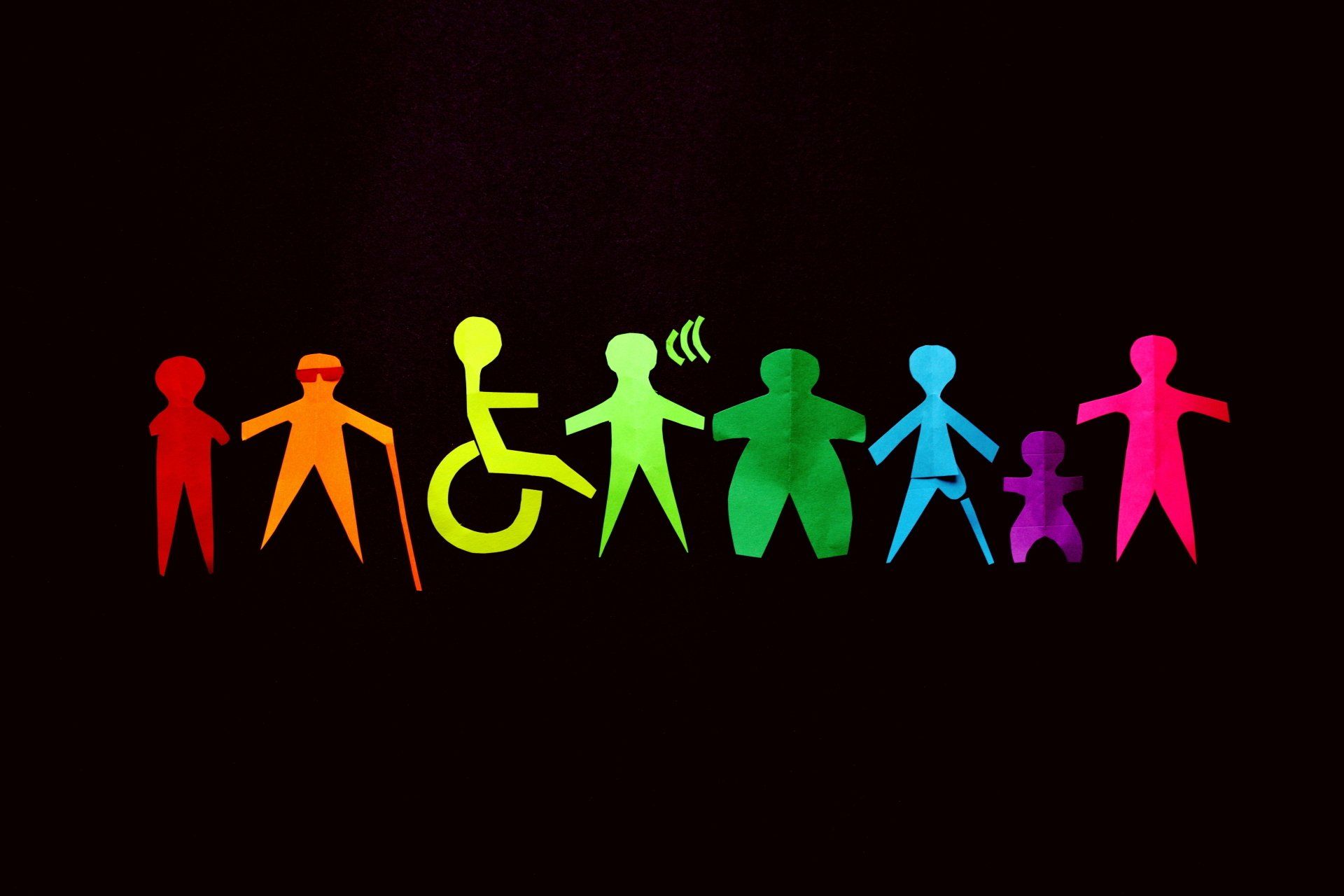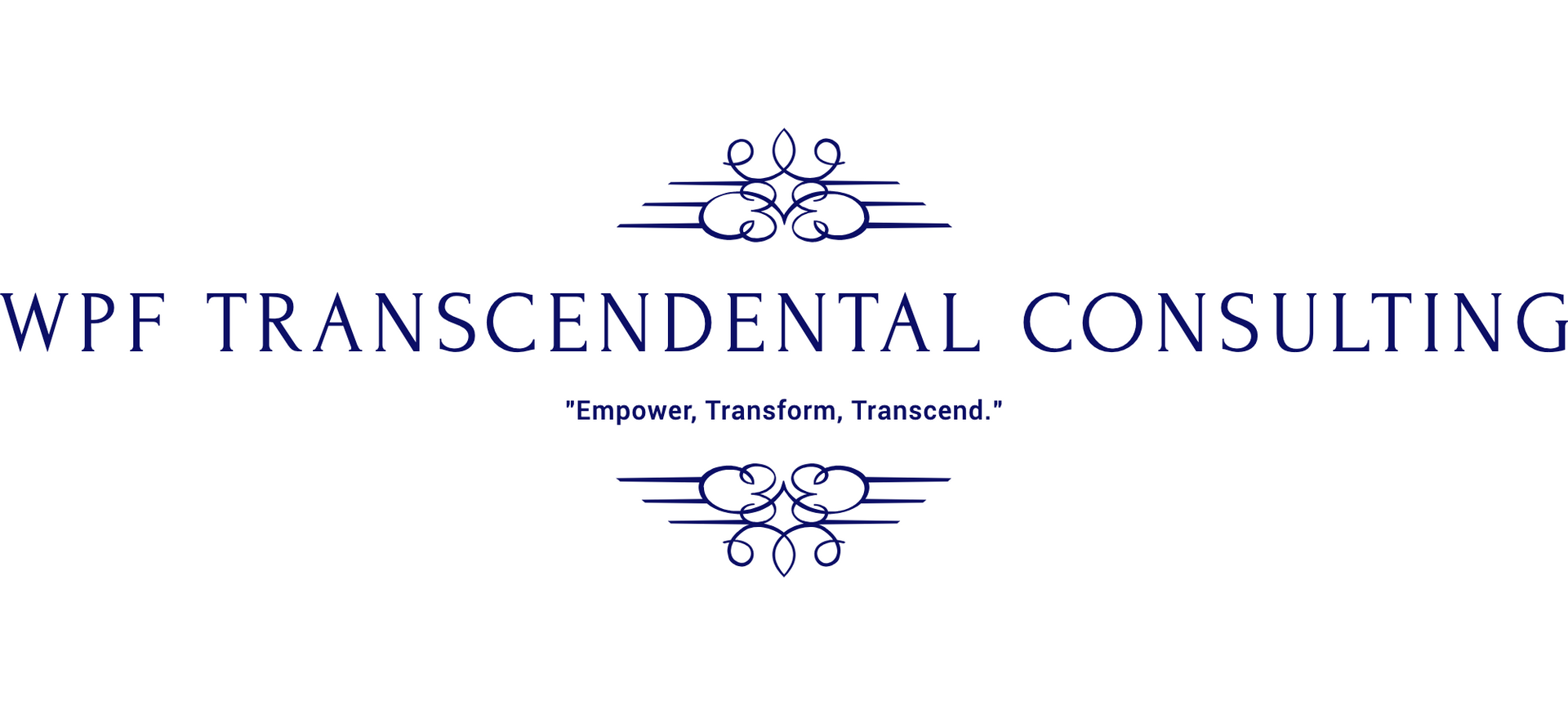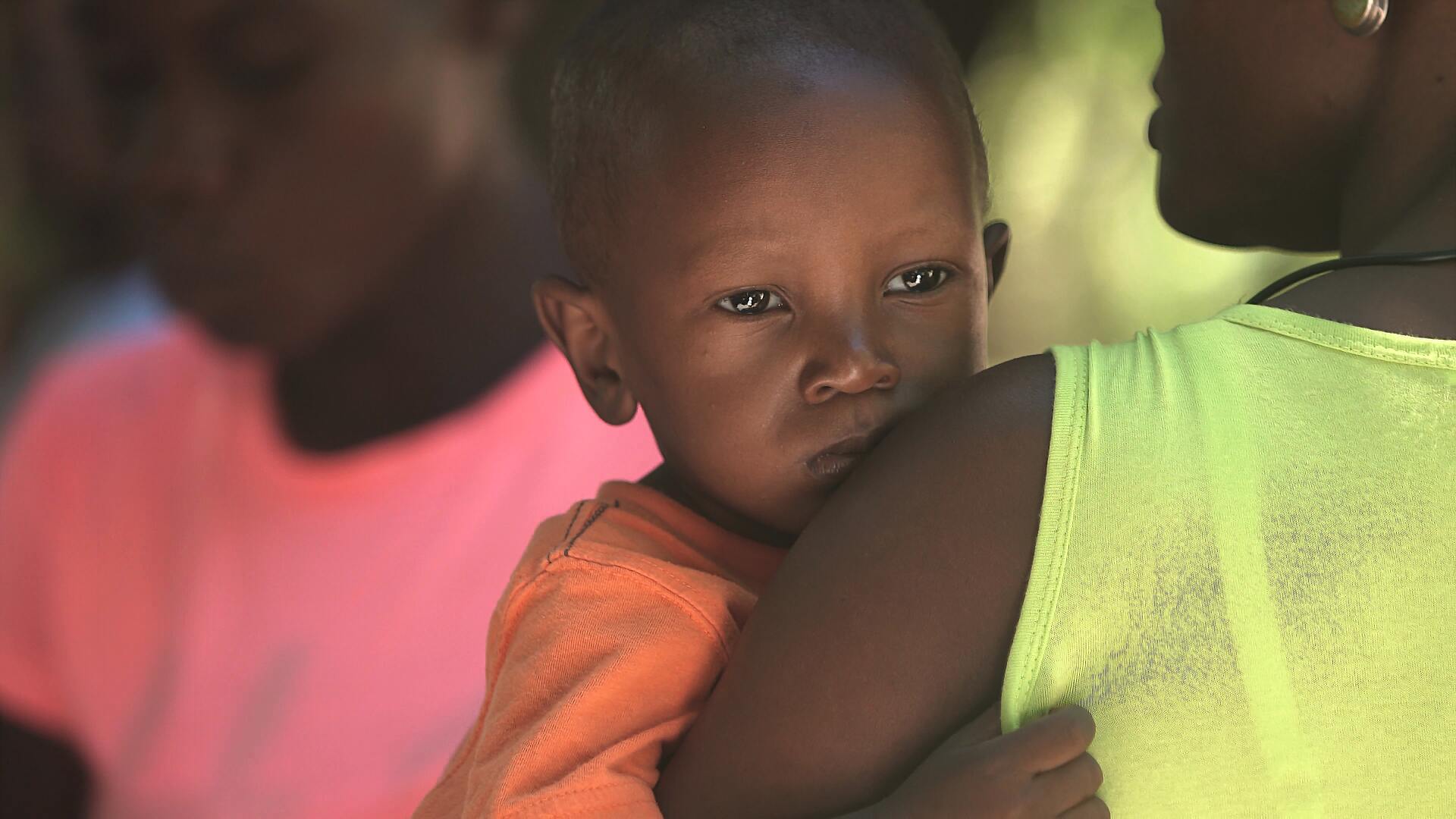"Bridging Divides: Confronting Anti-DEI Sentiments Through Empathy and Inclusion"
"Beyond Tokenism: Cultivating True Inclusion in the Face of Anti-DEI Challenges"

In recent years, the rise of anti-Diversity, Equity, and Inclusion (DEI) sentiments has posed significant challenges to progress within educational institutions and broader society. As someone who was not raised in the United States but attended middle school here, I have firsthand experience of the complexities involved in adapting to a new language, navigating the American school system, and confronting the deeply entrenched biases that often go unacknowledged. This journey has offered me unique insights into the psychological modalities that underpin adaptation and resilience, and the critical need for DEI initiatives that truly reflect the diversity of experiences and challenges faced by individuals across the socio-economic spectrum.
Adapting to a new language and educational system was not merely an academic challenge; it was a deeply psychological one. Learning to communicate in a language that was not my first, and understanding the unspoken cultural norms and expectations of the American school system, underscored the reality that not all students start from the same playing field. For many, including myself, there were no "bootstraps" to pull ourselves up by. This experience highlighted the importance of DEI efforts that go beyond surface-level inclusion to address the structural inequalities and psychological barriers that hinder true equity.
The concept of "collective colonial amnesia," or the widespread forgetting of colonial histories and their impact on present-day inequalities, plays a significant role in perpetuating anti-DEI sentiments. This amnesia extends to the pedagogical practices and coded anthropological norms within our educational systems, which often fail to acknowledge or address the psychological impact of oppression. By ignoring these historical and ongoing injustices, educational institutions risk reinforcing the very disparities they seek to eliminate.
To effectively counter anti-DEI sentiments, we must begin by fostering a collective memory that acknowledges and learns from our shared history of colonialism and oppression. This involves integrating psychological principles into our teaching methodologies, recognizing the diverse cognitive and emotional needs of students who navigate multiple cultural identities and language barriers. Moreover, it requires an intentional effort to deconstruct the coded norms and biases that pervade our educational content and practices, making room for a more inclusive and representative dialogue.
Integrating voices across the socio-economic spectrum into the DEI conversation is crucial for creating educational environments that truly reflect and serve the diversity of our communities. This means going beyond tokenistic inclusion to actively seeking out and valuing the perspectives of those who have historically been marginalized. It involves creating spaces where students can share their experiences and insights, contributing to a richer, more nuanced understanding of the challenges and opportunities we face in building a more inclusive society.
In conclusion, addressing the rise of anti-DEI sentiments requires a multifaceted approach that combines empathy, historical awareness, and a commitment to psychological inclusivity. By acknowledging the varied and complex experiences of individuals navigating the educational system, and by working to dismantle the structural and psychological barriers that perpetuate inequality, we can move closer to realizing the true potential of DEI initiatives. It is only through such concerted efforts that we can hope to bridge the divides that separate us, fostering a culture of understanding and inclusion that benefits us all.










